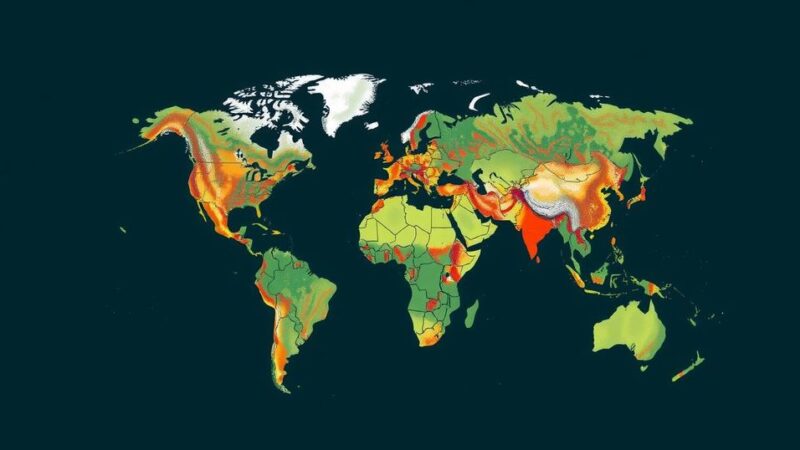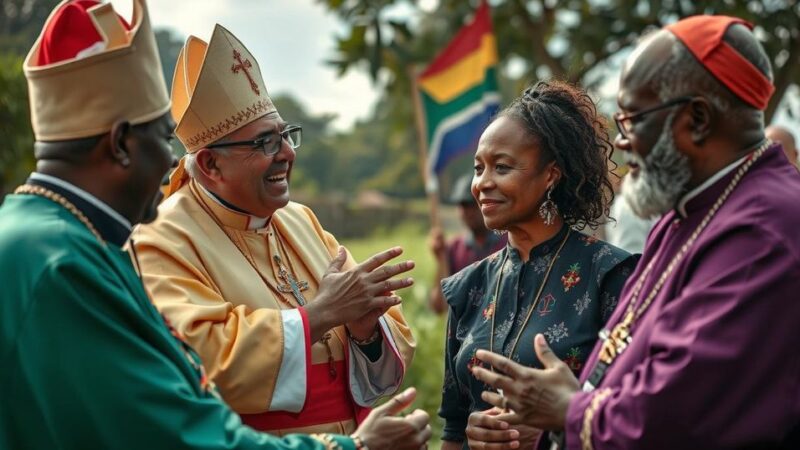Developing nations, despite being the lowest emitters of greenhouse gases, experience the most severe impacts of climate change. As leaders meet for COP29, discussions center on funding and responsibility for the Loss and Damage Fund to support these nations. Historically, richer nations’ contributions heavily outweigh those of poorer countries, creating a need for equitable financial commitments. The outcome of these talks will be crucial for addressing this global injustice.
The ongoing climate crisis reveals a stark inequality: developing nations bear the brunt of climate change despite having contributed minimally to its onset. Since the Industrial Revolution, developed regions, particularly Europe and North America, have been the primary emitters of greenhouse gases, responsible for 60% of global emissions. As delegates convene for COP29 in Baku, Azerbaijan, the central issue remains: who will finance climate action, particularly to address the losses and damages suffered by the Global South? Historically, the principle of “common but differentiated responsibilities” acknowledges that wealthier nations, having disproportionately contributed to climate change, should shoulder a greater share of the burden. However, as developing countries face increasing climate-related disasters, they divert crucial resources from development to disaster response, exacerbating poverty and inequality. The establishment of the Loss and Damage Fund provides a framework to address these financial needs, yet the challenge remains in securing adequate contributions amidst ongoing discussions about climate finance.
The issue of climate responsibility has been a focal point in international discourse, particularly concerning the disparities between developed and developing nations. Countries like North America and Europe historically have built immense wealth on fossil fuel use, significantly contributing to greenhouse gas emissions, while nations in Africa and South America have low emission profiles. Consequently, the burden of climate change impacts disproportionately affects developing nations, hindering their advancement and leading to a cycle of economic hardship. With these complexities, international climate talks have emphasized the necessity for funding mechanisms that recognize and address these injustices.
The COP29 climate talks signify a critical turning point in addressing the inequities of climate funding. Developing nations, heavily impacted by climate change and with limited financial means to respond, require substantial support from wealthier nations. Establishing a viable and adequately funded Loss and Damage Fund is essential, as past pledges have often fallen short. For meaningful progress, it is imperative that developed nations acknowledge their historical contributions and commit to financing solutions that genuinely address the ongoing crisis faced by the Global South.
Original Source: theconversation.com

